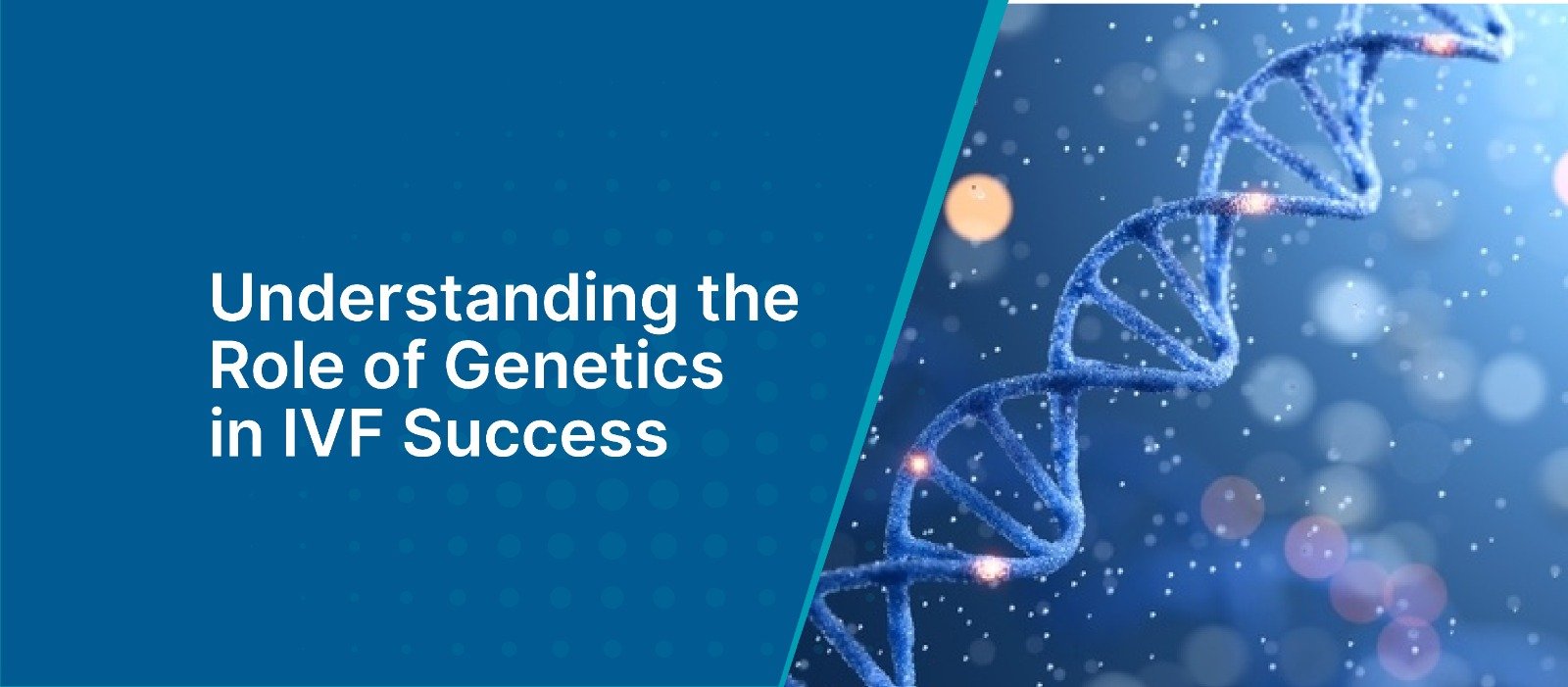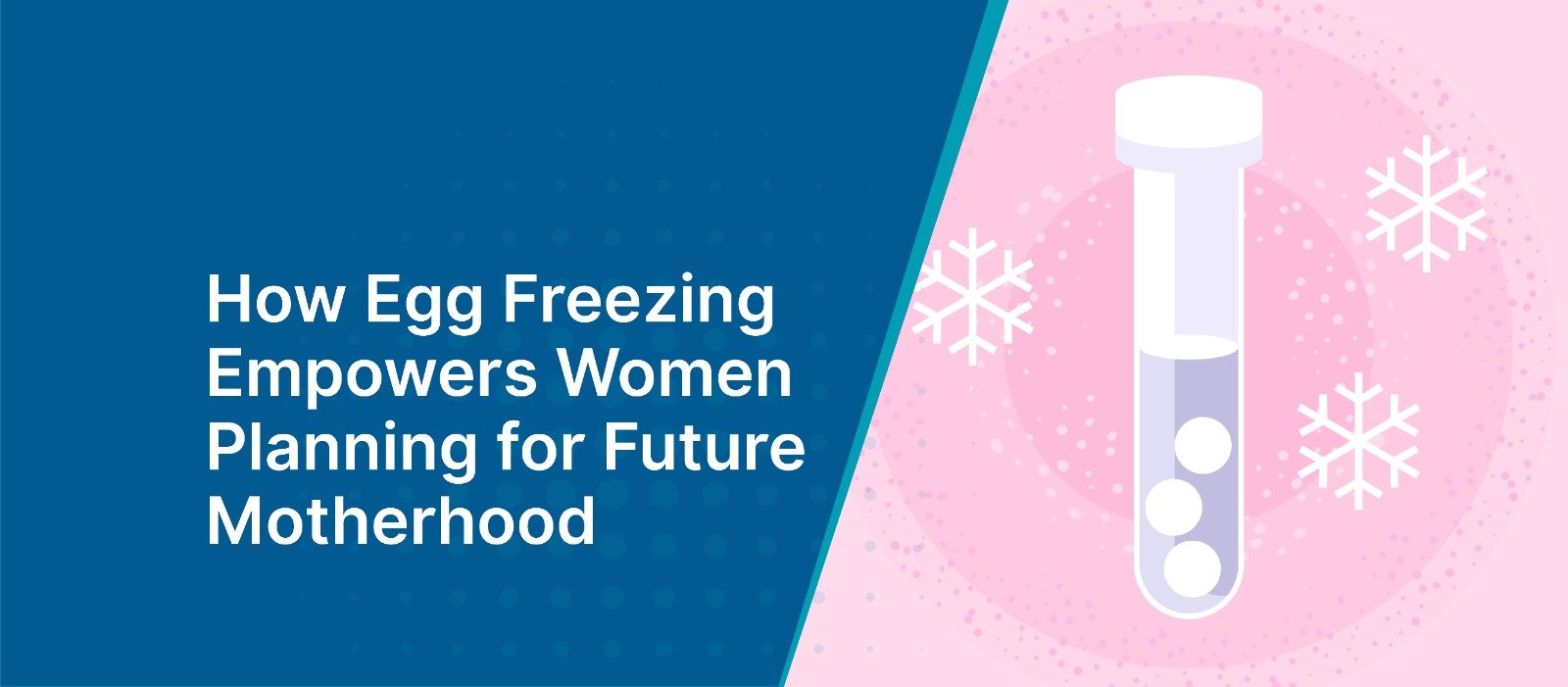
Women’s Health Check: Proactive Care for Lifelong Wellness

Talk to us about
Why me? How am I different?
Planning Ahead
We believe in helping our patients plan ahead as learning about your fertility should not come at the last minute.
Holistic Approach
We understand that there are many factors from our lifestyle to our medical history to our genetics that can affect our fertility. Our comprehensive fertility consults take all this into account during discussions.
Personalised
Fertility and pregnancy look different for everyone so we are focused on providing care that is built around you.
Advanced Science
Our care is rigorously founded on the latest advancements in fertility, leaving no room for anything less. No gimmicks, or false hope, just evidence-based advanced care.
Frequently Asked Questions
A women’s health test refers to a series of medical evaluations designed to assess the overall health and well-being of women. These tests focus on identifying potential health risks, diagnosing existing conditions early, and ensuring optimal functioning of various organ systems, including reproductive health. By addressing unique physiological and hormonal needs, these tests empower women to take charge of their health proactively.
Women’s health tests are vital for:
- Early Detection of Health Issues: Screening can identify problems like hormonal disorders, multivitamin deficiency, gynaecological disorders, general health disorders, osteoporosis and cancers like breast & cervical in their early stages when treatment is most effective.
- Monitoring Reproductive Health: Regular checkups ensure healthy fertility and detect conditions like polycystic ovary syndrome (PCOS), low ovarian reserve, endometriosis, disorders of reproductive organs or other hormonal imbalances.
- Preventive Care: Tests help in assessing risk factors for chronic diseases such as diabetes, hypertension, or cardiovascular disorders.
- Guiding Lifestyle Choices: Results can provide valuable insights into necessary lifestyle changes to maintain optimal health.
- Improving Longevity and Quality of Life: Timely interventions can prevent complications and promote long-term health.
- General Health Tests:
- Blood Pressure Monitoring: For hypertension screening.
- Blood Tests: Complete blood count (CBC), lipid profile, blood sugar levels, thyroid function tests (TSH, T3, T4) etc.
- Bone Density Test: To screen for osteoporosis.
- Vitamin and Mineral Levels: Such as Vitamin D, Vitamin B12, and iron.
- Urine Analysis: To detect infections or kidney issues.
- Ultrasound of the whole abdomen: Do check for any abnormalities like fatty liver, gall bladder stones, kidney stones, uterine fibroids, ovarian cysts, etc.
- Cancer Screenings:
- Mammography: For breast cancer screening (usually after age 40 or earlier if there is a family history).
- Pap Smear and HPV Test: To detect cervical cancer or precancerous conditions.
- Pelvic Ultrasound: To check for ovarian cysts, fibroids, or other abnormalities.
- Sexual and Reproductive Health Tests:
- STI Screenings: For sexually transmitted infections like chlamydia, gonorrhoea, HIV, etc.
- Menstrual Health Evaluations: To diagnose irregularities or abnormalities.
- Mental Health Assessment:
- Routine checks for stress, anxiety, or depression.
- Hormonal Tests: The assessment of hormones like AMH, TSH, LH, Prolactin, FSH, etc plays an important role in fertility evaluation.
- Pelvic Imaging:
- Transvaginal Ultrasound: To evaluate female reproductive organs health ovarian & uterine health.
- Hysterosalpingography / HyCoSY / Saline Infusion Sonography: To assess fallopian tube patency and intrauterine cavity shape or abnormalities.
- Ovulation Monitoring:
- Through blood tests or home ovulation kits.
- Genetic Testing:
- For detecting inherited conditions that may affect fertility or pregnancy.
- General Health Tests:
- Annual checkups for routine evaluations.
- Bone density tests every 1-2 years after age 50 or earlier if at risk.
- Cancer Screenings:
- Pap smear every 3 years (or every 5 years with HPV co-testing after age 30).
- Mammograms annually or biennially from age 40 onwards, or earlier for high-risk individuals.
- Reproductive Health Tests:
- Hormonal assessments every 6-12 months if planning for pregnancy or experiencing symptoms.
- Fertility evaluations on a case-by-case basis for those facing challenges in conceiving.
- Mental Health Checkups:
- Annually or as needed based on symptoms.
Unique Approach To
Your Health Needs
“It was the most thorough and respectful exam I’ve ever had.”

Vivian
“Everything was explained clearly and kindly—no rushing, no judgment.”

Shravani
“This check-up gave me peace of mind and a clear plan for my health.”

Chitra
“Preventive care has never felt this empowering.”

Shravani


10K
happy patients

4.9
google ratings


Other Services

Preconception Care
Get baby-ready with expert pre-pregnancy care.
- Health checks to prep for a safe pregnancy.
- Fertility-friendly nutrition and lifestyle tips.
- Guidance on supplements and wellness habits.

Fertility Treatments
Personalized care to support your parenthood.
- Advanced testing and fertility planning.
- Options like IVF, IUI, and hormone therapy.
- Emotional and medical support throughout.

Vaginismus Therapy
Gentle care to overcome painful intimacy.
- Pelvic floor exercises for muscle relaxation.
- Mind-body therapy to ease fear and tension.
- Gradual dilator use for comfort and confidence.

Urinary Laser Therapy
Quick laser treatment for better bladder control.
- Stimulates tissue for better support.
- Non-invasive with minimal downtime.
- Helps reduce leaks and urgency.

Laparoscopic Surgery
Minimal incision surgery with faster recovery.
- Treats fibroids, endometriosis, cysts & more.
- Less pain, quicker healing.
- High-precision, safe procedure.
Essential Resources
Key Takeaways IVF is one of the most advanced fertility
In modern reproductive medicine, genetics plays a pivotal
Modern women balance multiple priorities—careers, education, personal goals,




